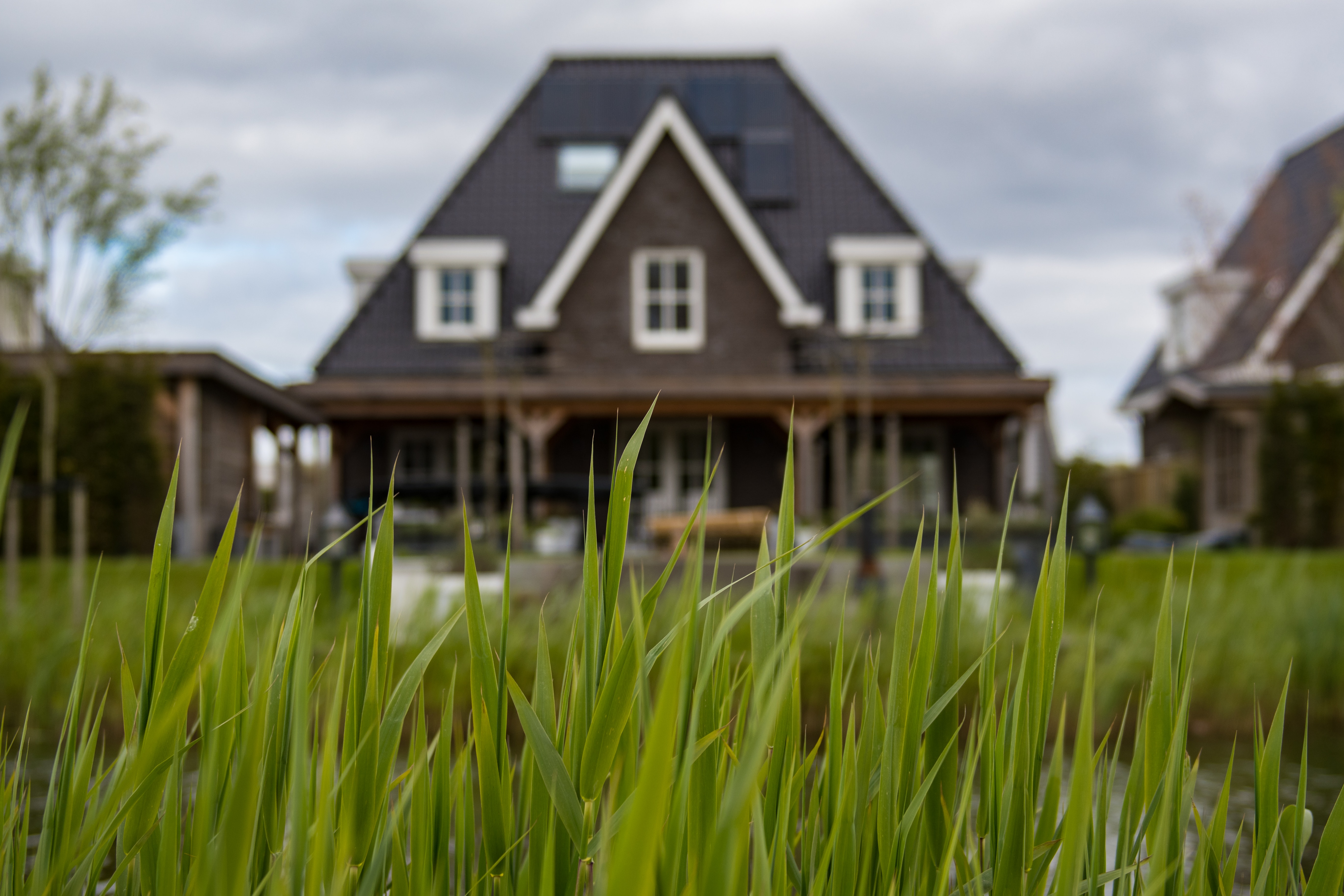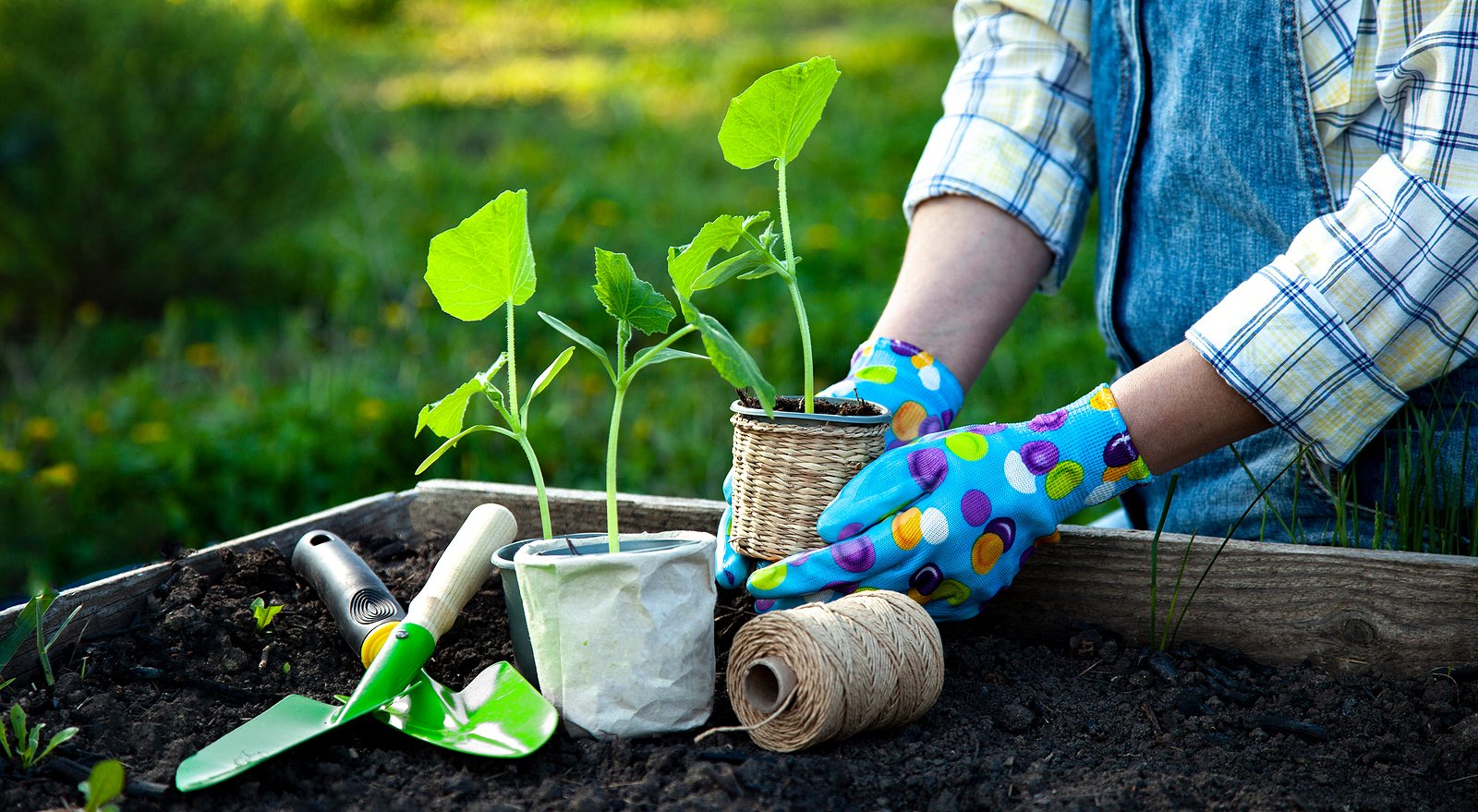As people continue to learn more about climate change and humanity's impact on the environment, homeowners are beginning to look for more ways in which they can reduce their household's impact on the environment. However, if you are not sure where you should start when making your home more environmentally-friendly you are not alone, as the prospect of going green can initially seem overwhelming for many people.
Reducing your home’s energy consumption
While more cities are investing in renewable energy sources, it is likely that most of the energy coming to your home is produced through the burning of fossil fuels such as coal, oil, or natural gas. Reducing your home's energy-consumption is then a simple and effective way to reduce your household's overall carbon footprint.
To help you on your journey towards becoming a greener household, here are a few simple steps that you can take to reduce your energy consumption at home.
Change Your Habits
To reduce your household's energy consumption you do not necessarily need to go out and purchase energy-efficient products and appliances. In fact, you would be surprised how much you could reduce the amount of energy you use simply by changing your everyday behaviors and habits.
For instance, you can greatly reduce the amount of energy your household uses if you only turn on lights that you need. While many of us are in the habit of turning on every light when we enter a room, you should instead try turning on one light at a time to see how much light you actually need. The fewer lights you have on, the less energy you will be consuming. It is also critical that you make sure to turn off all of the lights when you leave a room.
Something else that you can do on a daily basis to reduce the amount of energy that you use is to turn off electronics that you are not using. For instance, if you are not actually watching the TV and it is simply on for background noise, consider turning it off. Additionally, when you are done with your computer, laptop, or tablet at the end of the day, conserve energy by turning it off instead of putting it to sleep.
Invest in Smart Power Strips
Of course, even if you turn off your electronics when you are not using them, they will still be using a small amount of electricity; this electricity consumption is known as "phantom loads", and it is a major source of energy waste.
In fact, it is estimated that as much as 75% of the energy used to power household electronics is used when these devices are turned off.
A simple way to improve your home's energy-efficiency would then be to invest in smart power strips. Smart power strips help to eliminate phantom loads by shutting off power to electronics when they are not in use; they can either shut power off at a predetermined time, or they can shut off power when they detect inactivity.
Use Less Hot Water
There are several ways that you can reduce the amount of energy you waste heating water without having to invest in a new hot water heater.
One simple way to reduce the amount of energy you consume heating water in your home is to lower your water heater's thermostat. You can also simply reduce the amount of hot water that you use by taking shorter showers, only running the dishwasher when it is full, and by washing your clothes in cold water.
By taking simple and cost-effective steps you can greatly reduce the amount of energy your household consumes annually. Not only can this reduce your household's carbon footprint, but it will also have the added benefit of lowering your monthly utility bills.
Feel free to contact us to learn more about the steps that you can take at home and in the office to reduce your carbon footprint.










